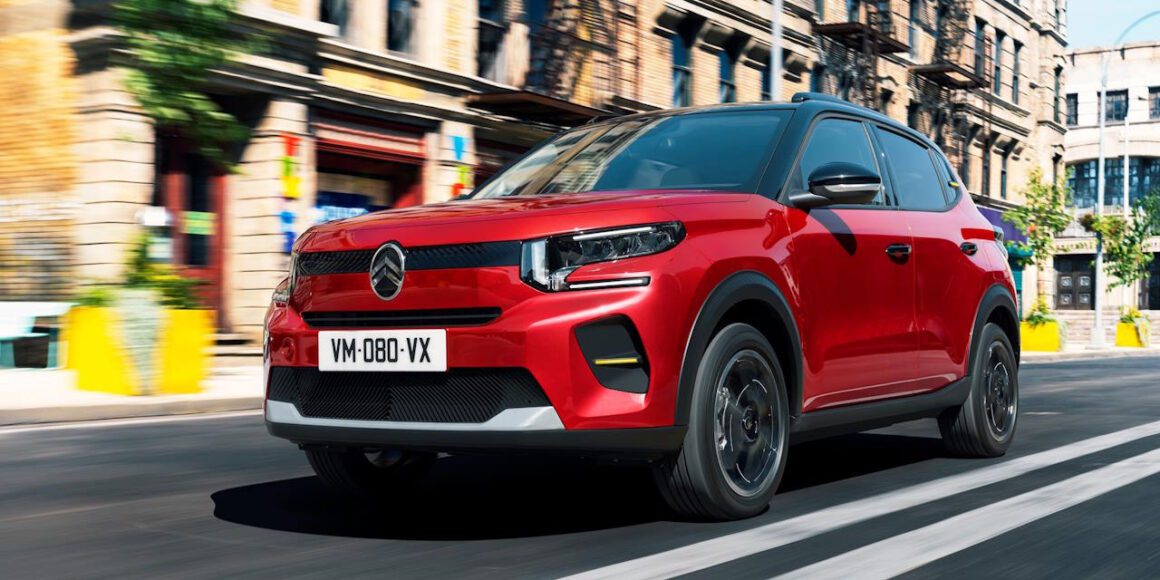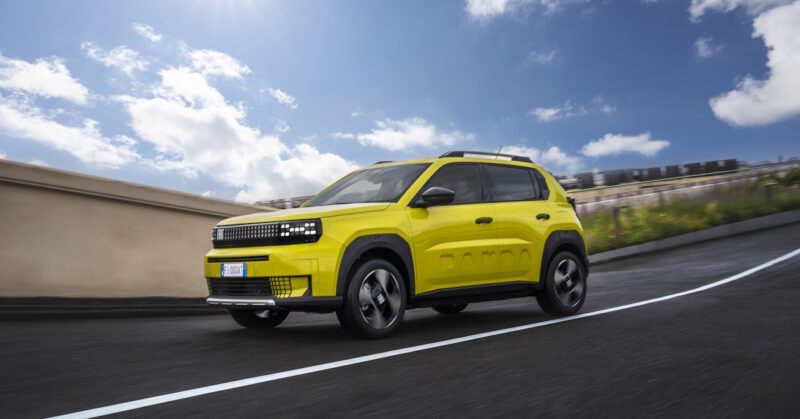European automotive giant Stellantis has reportedly signed a deal with Chinese electric automaker BYD for lithium iron phosphate (LFP) batteries for new short-range versions of its Citroën ë-C3 and Fiat Grande Panda which will go on sale for less than €20,000.
French automotive magazine L’Argus reported over the weekend that Stellantis had turned to BYD to supply LFP batteries for new short-range variants of the ë-C3 and Grande Panda, both of which are based on the same Stellantis Smart Car platform.
Currently, the two cars boast a 113hp engine powered by a 44kWh LFP battery that delivers up to 320 kilometres (WLTP) in range, and both retail for between €23,000 and €25,000 (around $A37,800 to $A41,000, converted, though neither is available in Australia at this time).
But Stellantis is hoping to offer cheaper, sub-€20,000 ($A33,000) variants of both the ë-C3 and Grande Panda, and will reportedly be using BYD LFP batteries to help reduce costs.
With the reduced price of the cars will come a reduced range, which L’Argus pins at between 200 and 250km (WLTP) from a battery in the range of 30-35kWh.

Image Credit: Stellantis
L’Argus expects the Citroën ë-C3 to be the first of the new short-range variants to hit the market, starting in the middle of this year, with the Fiat Grande Panda following by year’s end.
If true, this would give Stellantis a head start on big-name local competitors Renault and Volkswagen, which are expected to debut their own sub-€20,000 in the coming years, including the Renault Twingo E-Tech (2026) and Volkswagen ID.1 (2027).
It would also position the two cars against another Stellantis model, the €19,500 T03 from Chinese automaker Leapmotor, of which Stellantis is a stakeholder.
The report also lends further credence to BYD’s efforts to position itself as a major player in the electric vehicle (EV) battery market.
A report published by South Korean market research firm SNE Research earlier this week showed that BYD was second only to Chinese battery giant Contemporary Amperex Technology Co., Limited (CATL) in terms of market share, accounting for 17.2 per cent of batteries used in EVs for 2024, thanks in large part to its own dominance as an EV maker.
Joshua S. Hill is a Melbourne-based journalist who has been writing about climate change, clean technology, and electric vehicles for over 15 years. He has been reporting on electric vehicles and clean technologies for Renew Economy and The Driven since 2012. His preferred mode of transport is his feet.

